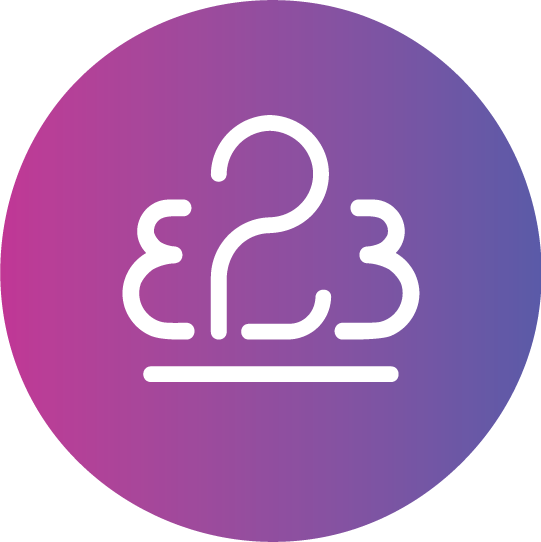
Teamwork and accountability play important roles in fostering a positive work environment. However, there are situations when individuals start blaming others, slowing down both personal and team growth.
People who consistently blame others often struggle with various underlying issues, such as a lack of organization and structure. While disorganization can contribute to the avoidance of personal responsibility, there are additional factors such as insecurity and fear of failure.
Impact on team dynamics
Blaming others creates a toxic work environment that ruins trust and cooperation among team members. A single individual with this behavior can significantly impact the team’s confidence and productivity.
Strategies for dealing with people who blame others:
- Provide support – Start by offering support. Understand the root causes and work collaboratively to address them.
- Clear communication – Establish open lines of communication within the team. Encourage honest discussions about challenges and mistakes.
- Personal development opportunities – Offer development opportunities, including training and coaching, to help the individual enhance their organizational skills and emotional intelligence.
Despite your best efforts, there may be instances where the blaming behavior persists, creating a challenging situation for the entire team. In such cases, it becomes essential to make a tough decision for the overall well-being of the organization.
Knowing when to let go
As a last resort, consider the option of letting the individual go if their behavior significantly obstructs team dynamics. While this decision should be made after careful consideration, it may be necessary to preserve a healthy work culture.












